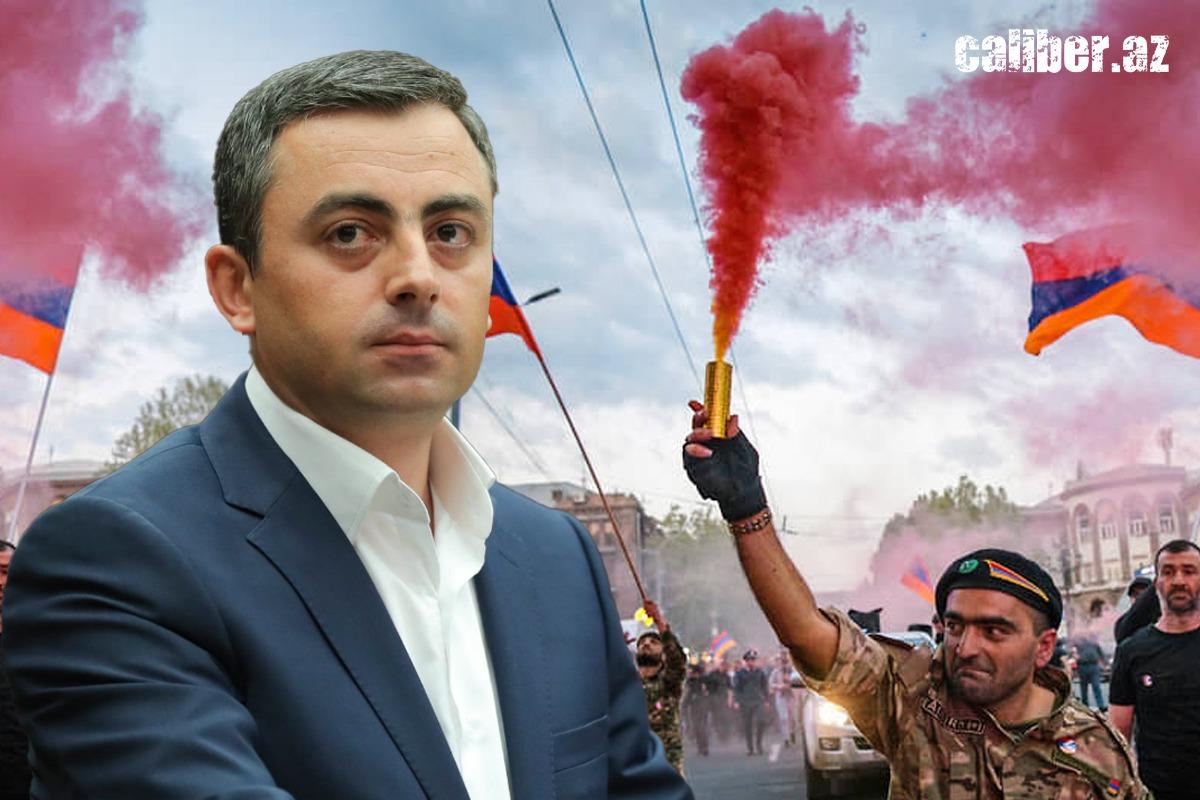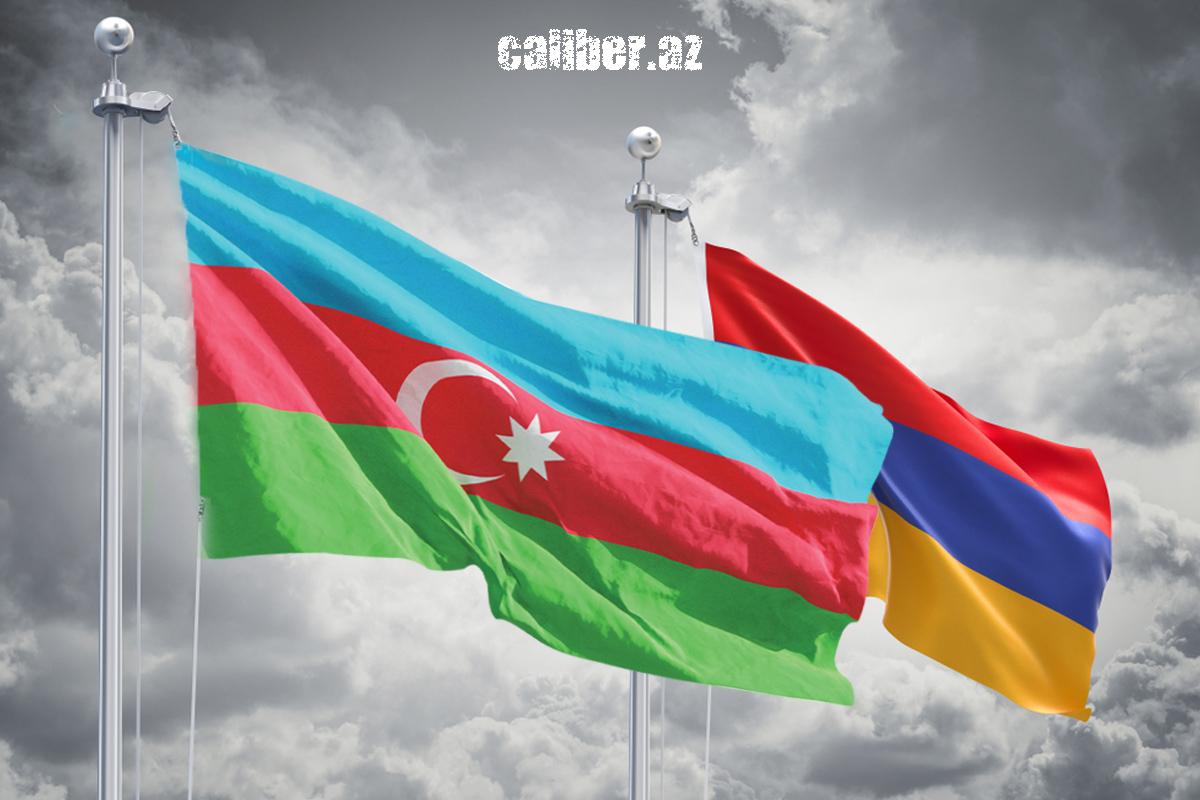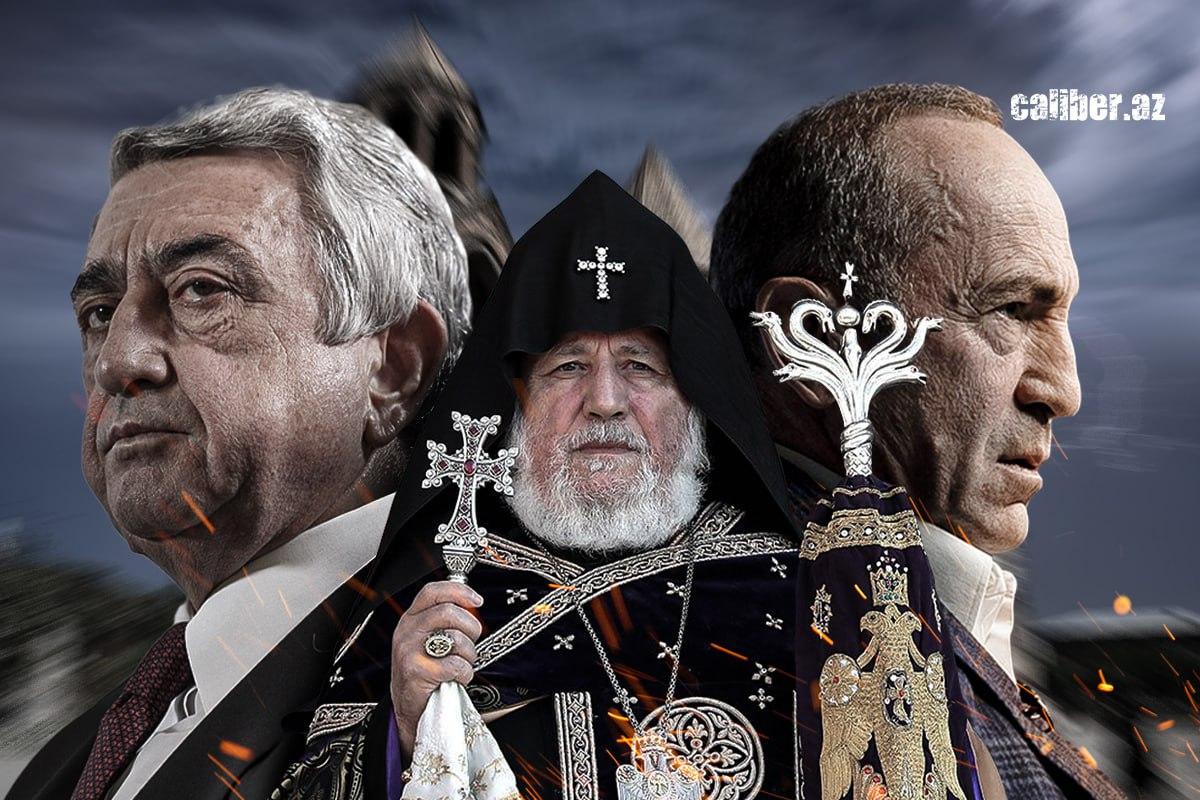In the darkness of myths and revenge Dashnaks and the Armenian Church against peace
As is well known, the Armenian Revolutionary Federation (ARF) “Dashnaktsutyun” is one of the oldest Armenian political organisations, with deep roots in the diaspora and a long tradition of nationalist activism and the use of terror as a means to achieve its goals. The blood of Azerbaijanis and Turks is on the hands of the Dashnaks; it was they who organised terrorist attacks in various European cities in the 1970s and 1980s.
At the same time, the terrorist activities of Dashnaktsutyun were consistently supported and blessed by the Armenian Church, creating a “dual-engine” effect — where nationalist rhetoric receives moral and symbolic reinforcement from clergy.
Because of this, it is hardly surprising that the Bureau of the Armenian Revolutionary Federation was among the first to call for the defence of the Armenian Apostolic Church and the arrested Armenian clergymen, who, it should be noted, openly preached revanchism and called for the overthrow of the legitimate government in the country while hiding behind their clerical robes. Predictably, the ARF’s statement is full of clichéd phrases and expressions such as: “the attacks and persecutions carried out by the Armenian authorities against the Armenian Apostolic Church, as well as their anti-national activities, are absolutely unacceptable”; and “what is happening in Armenia is a planned attack not only on the Armenian Church but also on the entire believing people, on their identity and national character.”

In this statement, Dashnaktsutyun fully displays the notorious trait of a radical nationalist organisation — the tendency to replace complex realities with simplified myths such as “the enemy is everywhere,” “betrayal by the authorities,” and “historical mission,” particularly regarding the seizure of foreign lands. In other words, instead of pragmatic politics, the population is fed narratives that sacralise myth-making and glorify outright terrorists.
However, it is indisputable that when myths prevail, real foreign policy and economic strategy are pushed to the background. This becomes a barrier to developing relations with neighbouring states and, as a result, leads to prolonged self-isolation. This was precisely the state in which Armenia found itself while occupying 20% of Azerbaijani territory.
Having triumphed in the 44-day war in autumn 2020 and conducted a successful anti-terrorist operation in September 2023, Azerbaijan fully restored its sovereignty and territorial integrity and offered Armenia a peaceful agenda — in other words, providing it with a chance to escape its status as a geo-economic and geopolitical dead end.

And it is precisely against this peace that the Dashnaks and the Armenian Apostolic Church have always stood, continue to stand, and will stand — perceiving any attempt by the Armenian authorities to move toward reconciliation with Azerbaijan and Türkiye a priori as “a betrayal of national interests.” In their narrow-mindedness, they have labelled the current government “a gathering of capitulators,” with all the resulting consequences, including, for example, organising an attempted coup in the country. And now, when the authorities have taken countermeasures, the champions of the “Great Armenia” myth have raised an outcry and shrieked to the entire world.
It goes without saying that on the same side of the barricades are representatives of the Karabakh clan, which has been removed from power — hardly surprising, as they amassed enormous wealth precisely during the occupation period, plundering both Armenia itself and the then-occupied Azerbaijani territories. And the Armenian Church not only condoned all of this but even actively participated in it.

The current Armenian authorities are fully aware that the Dashnaks and the Armenian Apostolic Church, in cooperation with the “Karabakh clan,” are ready to go to any lengths — including committing acts of terror — to derail the peace process between Baku and Yerevan. This awareness may well be slowing the Armenian leadership’s decision to amend the country’s constitution, which still contains territorial claims against Azerbaijan.
In the past, by betting on a provocative policy and refusing to negotiate with Azerbaijan for a fair settlement of the conflict, Nikol Pashinyan and his inner circle provoked a war. The consequences of that are well known to all of us. Today, having declared peaceful coexistence with Azerbaijan and Türkiye a priority, the current Armenian authorities are obliged to see this process through to its logical conclusion — no matter what cosmic-scale uproar the revanchists, represented by the Armenian Church, the Dashnaks, and their allies, may attempt to create.








